New Directions in Ethnography is a series of contemporary, original works. Each title has been selected and developed to meet the needs of readers seeking finely grained ethnographies that treat key areas of anthropological study. What sets these books apart from other ethnographies is their form and style. They have been written with care to allow both specialists and nonspecialists to delve into theoretically sophisticated work. This objective is achieved by structuring each book so that one portion of the text is ethnographic narrative while another portion unpacks the theoretical arguments and offers some basic intellectual genealogy for the theories underpinning the work.
Each volume in New Directions in Ethnography aims to immerse readers in fundamental anthropological ideas, as well as to illuminate and engage more advanced concepts. Inasmuch, these volumes are designed to serve not only as scholarly texts, but also as teaching tools and as vibrant, innovative ethnographies that showcase some of the best that contemporary anthropology has to offer.
Published volumes
1. Turf Wars: Discourse, Diversity, and the Politics of Place Gabriella Gahlia Modan
2. Homegirls: Language and Cultural Practice among Latina Youth Gangs Norma Mendoza-Denton
3. Allah Made Us: Sexual Outlaws in an Islamic African City Rudolf Gaudio
This edition first published 2009
2009 Rudolf Pell Gaudio
Blackwell Publishing was acquired by John Wiley & Sons in February 2007. Blackwells publishing program has been merged with Wileys global Scientific, Technical, and Medical business to form Wiley-Blackwell.
Registered Office
John Wiley & Sons Ltd, The Atrium, Southern Gate, Chichester, West Sussex, PO19 8SQ, United Kingdom
Editorial Offices
350 Main Street, Malden, MA 02148-5020, USA
9600 Garsington Road, Oxford, OX4 2DQ, UK
The Atrium, Southern Gate, Chichester, West Sussex, PO19 8SQ, UK
For details of our global editorial offices, for customer services, and for information about how to apply for permission to reuse the copyright material in this book please see our website at www.wiley.com/wiley-blackwell.
The right of Rudolf Pell Gaudio to be identified as the author of this work has been asserted in accordance with the Copyright, Designs and Patents Act 1988.
All rights reserved. No part of this publication may be reproduced, stored in a retrieval system, or transmitted, in any form or by any means, electronic, mechanical, photocopying, recording or otherwise, except as permitted by the UK Copyright, Designs and Patents Act 1988, without the prior permission of the publisher.
Wiley also publishes its books in a variety of electronic formats. Some content that appears in print may not be available in electronic books.
Designations used by companies to distinguish their products are often claimed as trademarks. All brand names and product names used in this book are trade names, service marks, trademarks or registered trademarks of their respective owners. The publisher is not associated with any product or vendor mentioned in this book. This publication is designed to provide accurate and authoritative information in regard to the subject matter covered. It is sold on the understanding that the publisher is not engaged in rendering professional services. If professional advice or other expert assistance is required, the services of a competent professional should be sought.
Library of Congress Cataloging-in-Publication Data
Gaudio, Rudolf Pell.
Allah made us: sexual outlaws in an Islamic African city / Rudolf Pell Gaudio.
p. cm. (New directions in ethnography; 3)
Includes bibliographical references and index.
ISBN 978-1-4051-5251-8 (hardcover: alk. paper) ISBN 978-1-4051-5252-5 (pbk.: alk. paper) 1. Sexual minoritiesNigeriaKano. 2. ProstitutionNigeriaKano. 3. Sex roleNigeriaKano. 4. Sex customsNigeriaKano. 5. Islamic lawSocial aspectsNigeriaKano. 6. MuslimsNigeriaKano RegionSocial life and customs. 7. Hausa (African people)NigeriaKanoSocial life and customs. 8. Kano (Nigeria) Social life and customs. 9. Kano (Nigeria)Religious life and customs. 10. Kano (Nigeria)Biography. I. Title.
HQ73.3.N62K364 2009
306.760882970966978dc22
2008051206
A catalogue record for this book is available from the British Library.
For my parents, Christina and Alexander Gaudio, and my oga, Phil Shea.
LIST OF FIGURES
| Approximate extent of Hausa city-states since 1810 |
| Nigeria |
| City of Kano just after Nigerias independence |
| A mother, her daughters, and their friends in Sabon Gari, 1997 |
| The author (a.k.a. Sani) in Rijiyar Kuka, 1994 |
Packaging for the video cassette for the film Ibro Daudu Daudu |
| Alhaji Damina outside his own restaurant in Rijiyar Kuka, 2002 |
| Invitation to a biki hosted by Hajiya Asabe in Sabon Gari, 1996 |
| Dancing at a biki in Zakawa, 1993 |
| Invitation to Madhuri Mairawas biki, 1994 |
ACKNOWLEDGMENTS
Ma sha Allah. This project took shape over great stretches of space and time thanks to numerous people who (like myself) often had only a vague sense of the form it would ultimately take. Their contributions are especially remarkable given the many delays, miscommunications and cultural breaches that I committed on both sides of the Atlantic. Whatever positive value lies in these pages is due largely to their efforts; the faults are all mine.
Because of the stigma and ambiguity attached to gender-nonconformity, homosexuality and prostitution (not to mention laws against such practices), making these acknowledgments raises some of the same rhetorical problems discussed elsewhere in this book. One associate in Kano confided that, despite my intentions, some audiences might even view this text as an act of ingratitude towards the people who helped me and towards Hausa Muslim culture itself. Thus, while I am anxious to thank the individuals and agencies that supported me while I was carrying out this research, I must emphasize that they have not necessarily endorsed the course it has taken. Many of those who were most helpful to me placed a premium on discretion and must remain anonymous. These individuals, known as yan daudu, independent women, and masu harka, welcomed me into their social worlds, offered me food, drink and fellowship, and tolerated my social and linguistic missteps, as well as unusual and inconvenient requests for assistance. In my attempts to describe their words, deeds and lives, I have tried to respect my friends values and reputations, and I ask for forgiveness where I have fallen short.
I extend sincere thanks to the faculty and staff of the Department of Nigerian Languages at Bayero University, Kano (BUK), especially Professor Abdullahi Bature; the Centre for the Study of Nigerian Languages at BUK; the Kano State History and Culture Bureau, especially its former research director, Malam Auwalu Hamza; and Arewa House Centre for Historical Documentation and Research. I am indebted to Dr. Salisu A. Abdullahi, Professor Abdalla U. Adamu, Alhaji Muhammad Munzali Muhammad (CEO of Yoko Films), Professor Tijjani Ismail and Hajiya Binta Tijjani, Alhaji Aminu Sharif Bappa, Alhaji Malam Saidu, Professor M.S. Abdulkadir, Professor Thomas K. Adeyanju, Hajiya Aisha Rufai, Mr. David Jowitt, Sani Bello Mai Tafari, and the staff at the former U.S. Consulate in Kaduna. Special thanks to Usman Aliyu Abdulmalik, who helped me with transcribing and countless other things; to Professor Fatimah M. Palmer, for the cultural and culinary lessons; and to Sunusi Ibrahim, Bashir Umar, Haruna Abubakar, and Sunusi Shuaibu.


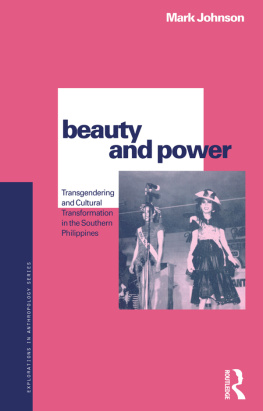

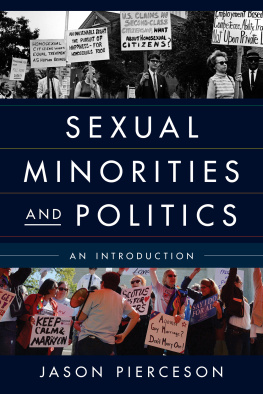
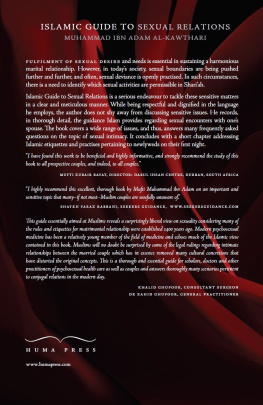
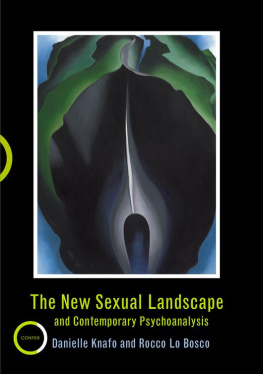

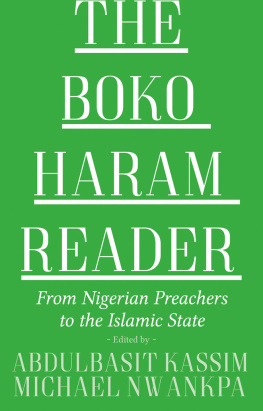
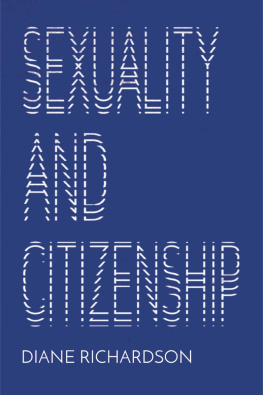
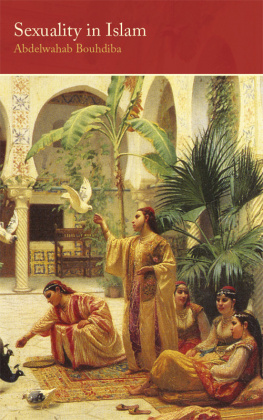

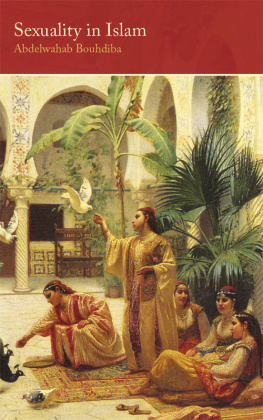
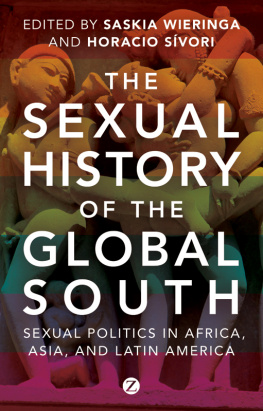
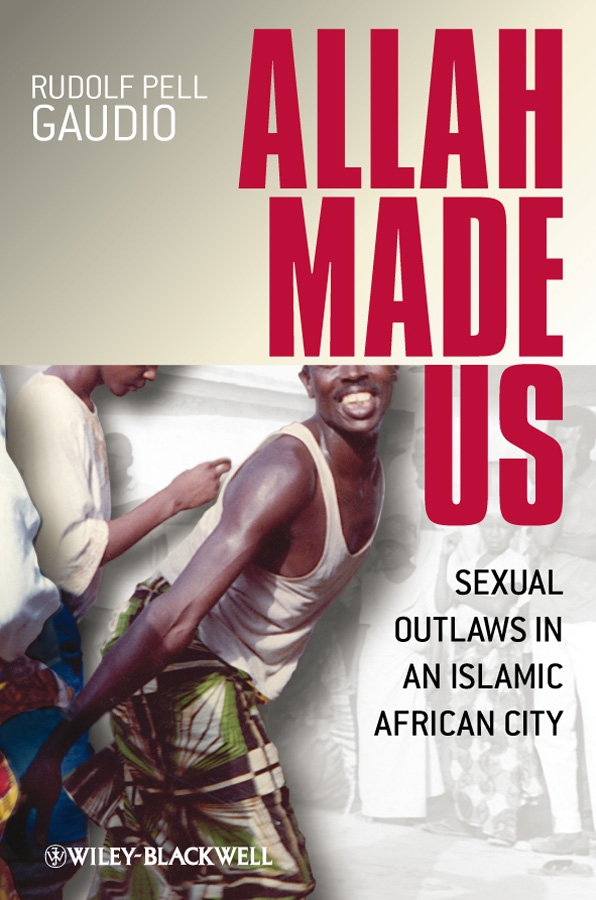
 Daudu
Daudu